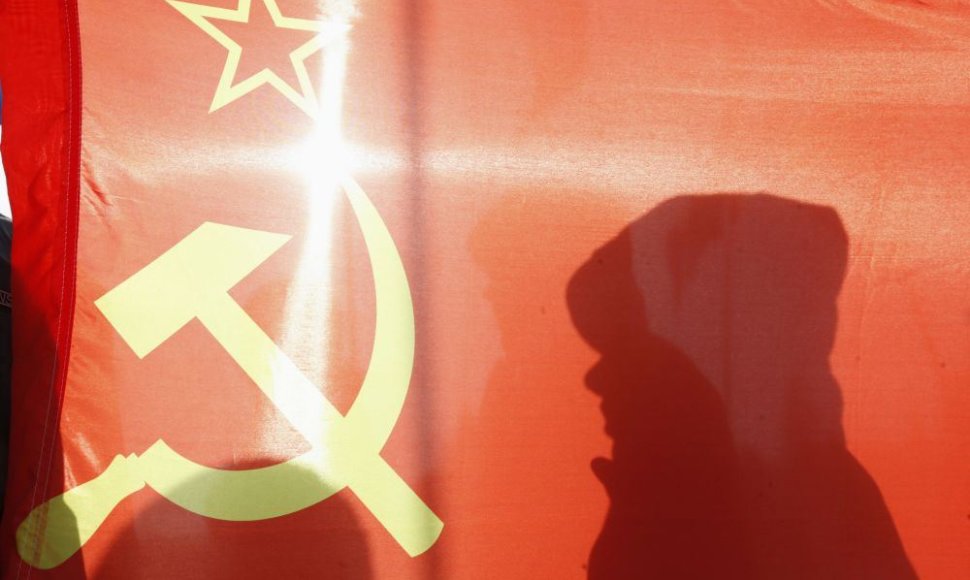Lee Edwards, chairman of the foundation of the Victims of Communism Memorial, said in Vilnius on Monday that the symbolic opening of the museum in the US capital is expected in 2017, the 100-year anniversary of the Bolshevik revolution in Russia.
"It is a museum of remembrance of 100 million victims and of pivotal events like the human chain here in the Baltic states and the battle of the TV tower," Edwards, a prominent US historian, said in Vilnius.
He said the museum would collect documents about past Communist crimes and crimes in today's Communist countries like China, North Korea, Cuba, Laos, and Vietnam.
In his words, Hungary decided to earmark one million US dollars for the museum. According to Edwards, potential support will be on the agenda of his meetings with government and parliamentary officials in Lithuania, Latvia, and Estonia later this week.
Lithuanian MEP Vytautas Landsbergis, the country's first post-independence state leader, said that the Lithuanian parliament should support the idea and the collection of donations.
"First of all, we need a positive supporting attitude. This can be done by the Siemas, of course, if it has sufficient moral and political capacities to support the idea and possible collection of donations. The parliament could approach the government so that it joined the collection of donations to the museum of global importance," Landsbergis said.
In his words, proper assessment of crimes of Communist regimes is important to prevent "selective justice," a term recently used in connection to insufficient independence of courts in post-Communist countries.
"Many are trying to say that Nazi crimes are bigger than those of Soviet Bolsheviks. What are the calculations, if it is quite different by the number of victims? Some may be more fond of the Bolsheviks and less fond of the Nazis. In this case, we're talking about the initial starting point. There should be no selectivity here," said the MEP.
After the Soviet Union invaded Lithuania in 1940, thousands of local residents were killed and more than 17,000 were deported in June 1941.
After the start of the German-Soviet war, Lithuania was taken over by Nazi Germany. Often assisted by local collaborators, the Nazis massacred nearly 90 percent of Lithuania's pre-war Jewish population of 208,000.
Lithuania lost nearly 800,000 residents to Soviet repressions between 1940 and 1952. 444,000 repatriated or left Lithuania, 25,000 were killed in the front, 275,000 were taken to forced labor camps or deported; furthermore, 20,000 participants of resistance efforts and their supporters were killed.
As the Soviet Union's units attempted to take over the Vilnius Television Tower and the Radio and Television Committee Building in January 1991, 14 people were killed and more than 1,000 incurred injuries. In early hours of July 31, 1991, seven customs, police, and border officers were massacred at Medininkai checkpoint on the still at the time unrecognized Lithuanian state border.












